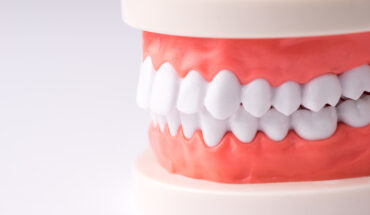Mental health is one of the biggest issues facing adults today. Everyone needs to take care of their mental wellness on a regular basis. Here are some healthy coping mechanisms for when times of struggle inevitably come.
Discuss Your Issues With Others
Simply being able to talk about your problems can actually be incredibly helpful. Even just talking about a problem can act as a kind of emotional release valve. A lot of the frustration, stress, or sadness that you carry around as a result of your problems will often be relieved.
The important part is finding people you love and trust who you can talk openly with. If you find yourself struggling to open up with friends or family, you may want to try therapy, or you may want to reconsider your social circles.
See a Therapist
A professional, licensed therapist is your best bet for healing and coping. Therapists have all of the academic and professional tools they need to help you. Not only will they listen to you talk, but they will give you actionable advice on how to better your mental health. Seeing a therapist can help you recognize your mental health symptoms. Sometimes there might be underlying issues that you’re not even aware of.
Keep in mind that every therapist is different–so you’re going to need to find a good one that works for you. They can also be quite expensive. It’s a good idea to make sure that therapy is covered by your health insurance because paying out of pocket can be difficult.
Follow Common Mental Health Practices
There are certain things you can do on a regular basis that have been proven to help with mental health. Exercise, diet, sunlight, vitamins, hydration, and sleep are critical. Depression makes it extremely difficult to motivate oneself to make changes, so these lifestyle adjustments may be challenging. The results can also vary widely between different people, so it’s possible that they won’t cure you. But they often can help immensely. Most people start to feel results after consistent exercise or therapy lamp usage for a couple of weeks.
It can be extremely difficult to search for solutions for your mental illness–especially when that same mental illness makes you feel unmotivated and hopeless. But if you keep trying, you will find a solution. Don’t rule out anything, from exercise to medication.
Did you enjoy reading this article? Here’s more: What to Do on Your Breaks to Stay Healthy




